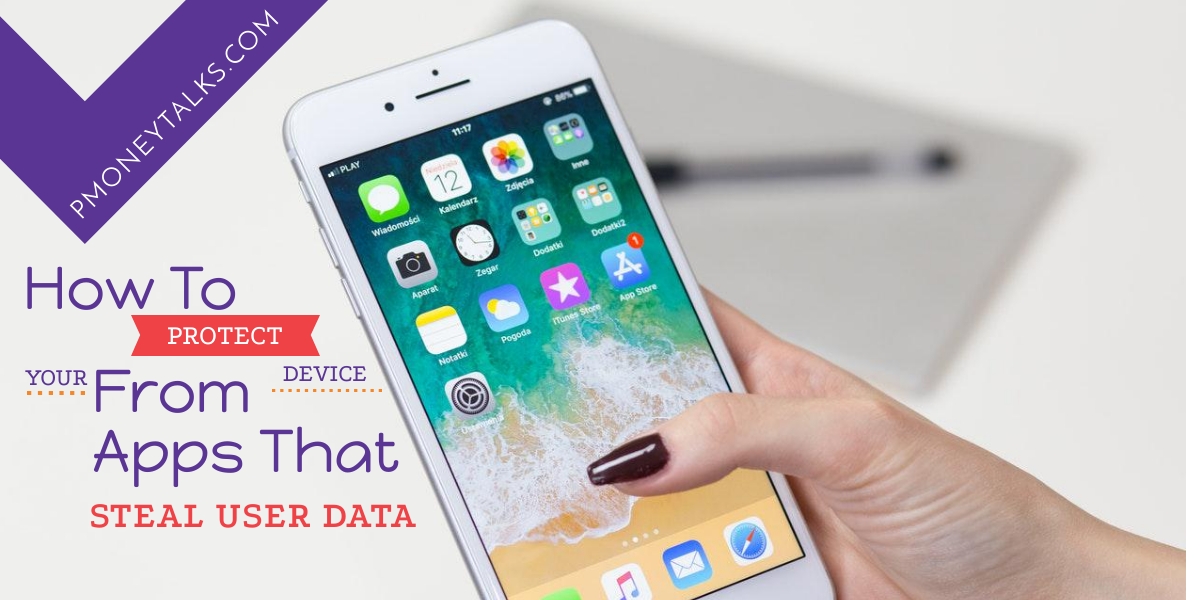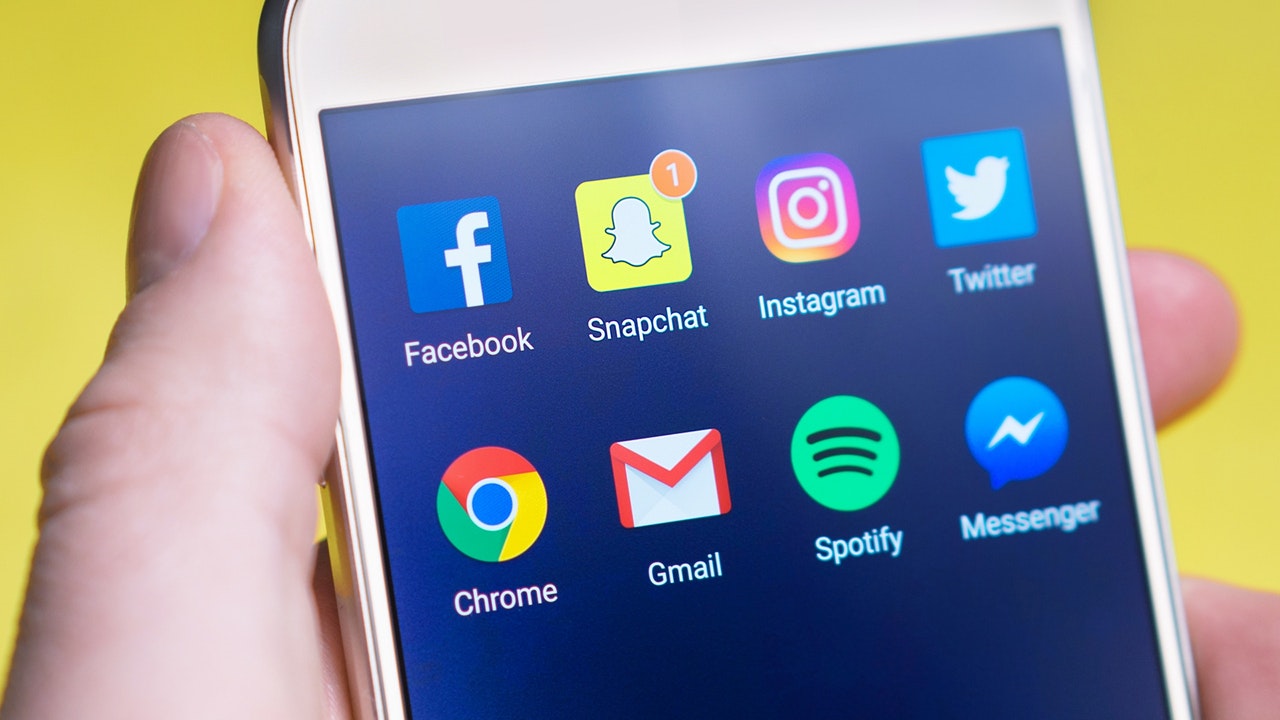We live in a very connected world today, and our devices are at the center of our digital existence. These devices enable us to socialize, connect, transact business and get important stuff done on the go.
However, in recent times, users data getting exposed, leaked or even stolen online are becoming more common. This growing concern has led device manufacturing companies, social media platforms, app makers, and indeed everyone to begin taking measures to curb this trend.
At the least, as an individual, it is important to take steps to protect one's device from these data leaks and theft online.
Here are some measures that one can take to protect one's device from data theft and leaks
Here are some measures that one can take to protect one's device from data theft and leaks
1. Avoid Using Yous Social Media Profiles To Sign In To Third Party Platforms
A lot of websites, platforms and applications try to make it easy for new users to sign up on their platforms by allowing them use their social media profiles such as Facebook, LinkedIn and Google to log/sign in.
As simple, easy and helpful as this may seem, it has it's own downside and dangers. One of these is the fact that, the more you use your social media profile to sign up on a third party website or application, the more prone that profile is open to hacks, leaks, breaches and attacks.
It is more advisable to choose the alternative option to "Sign Up With Email", as this will not expose your social media profile to unsecure platforms, data theft or attackers.
2. Limit Apps That You Grant Access To Your Contacts, Media Files, Location, etc
These days, mobile apps on smartphones require users to grant them access to read their Contacts, Media files, Location, Call Logs, etc, before they can fully enjoy the features they present.
As harmless as this action might be, it does have its downside. Apps that have access to your Contact information, Media files, Location and the likes, may very well expose same to unwanted third parties in the event of a breach.
A similar scenario was said to have occurred in 2014 when a quiz app which feed data off of Facebook was reported to have sold users data to Cambrige Analytica. It is wise to be cautious with the apps that you grant access to read your data on your device.
3. Avoid Installing Antivirus Apps on Mobile
Doing a search on the different app stores, you will find quite a number of applications offering protection from viruses and malware on your device. The interesting thing is that, some of these apps which acts as antiviruses and "phone cleaners" can pose a huge risk to your data on your device.
Some phone cleaning apps which regularly conduct scans on files, data and software on devices, often get breached and have been reported to leak sensitive user data to third parties.
4. Be Careful With Privacy and VPN Apps
With growing internet privacy concerns, a lot of internet users have resorted to using Virtual Private Networks (VPN) in order to shield them from intruders and spies.
However, reports exist showing evidence that some VPN and privacy applications end up mining user data and even selling same off to third parties.
Best to be careful when opting to use a VPN for security or privacy reasons.
5. Install Only Keyboard Apps From Trusted App Makers
Another very unlikely culprit that stealthily collects users data without anyone even knowing are keyboard apps.
With the phasing out of keypads and the emergence of the touchscreen, keyboard apps have become essential to be able to type text or make inputs on mobile devices.
One striking requirement almost every keyboard app has is that, they usually require users to allow them to store, save or retrieve the data typed through them. What this means is that, every stroke of your keypad, including texts, numbers, PINs, Codes, etc typed through them are store somewhere on its database.
Using a keyboard app that is not secure or from a vendor that is not trusted means that, any sensitive information typed and stored on the keyboard app's database is prone to breaches, leaks and theft.
Are there any other ways to protect your devices from apps that steal user data? Please share your thoughts via the comments section.
This article first appeared here on CFAMedia.ng






















No comments
Share your view on this post...